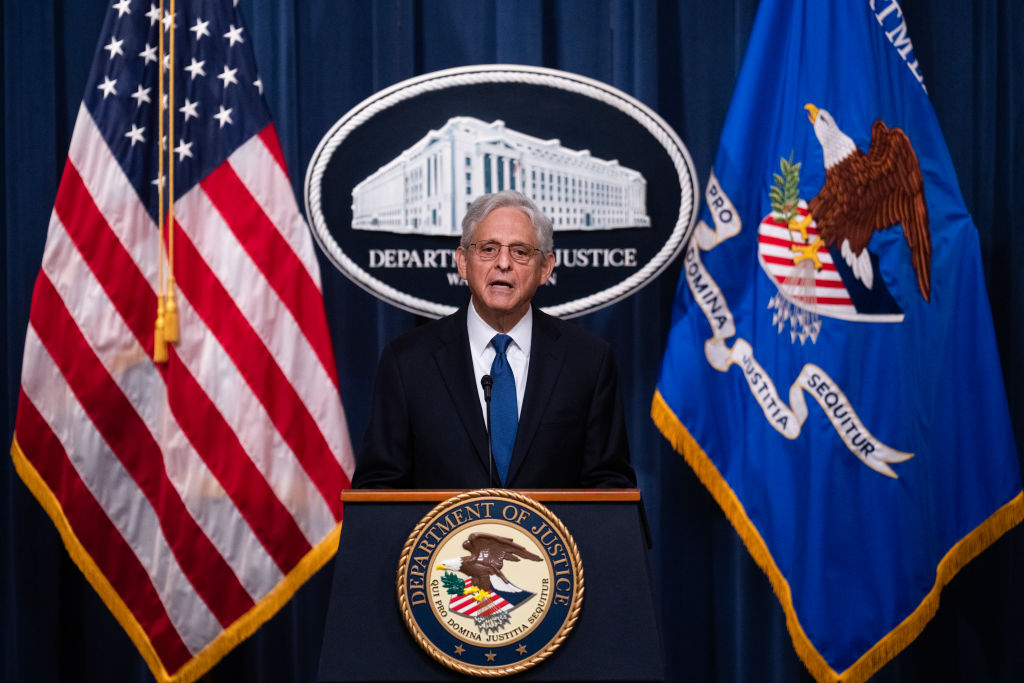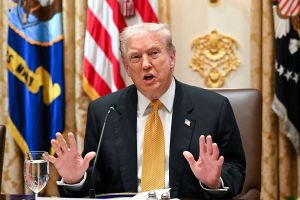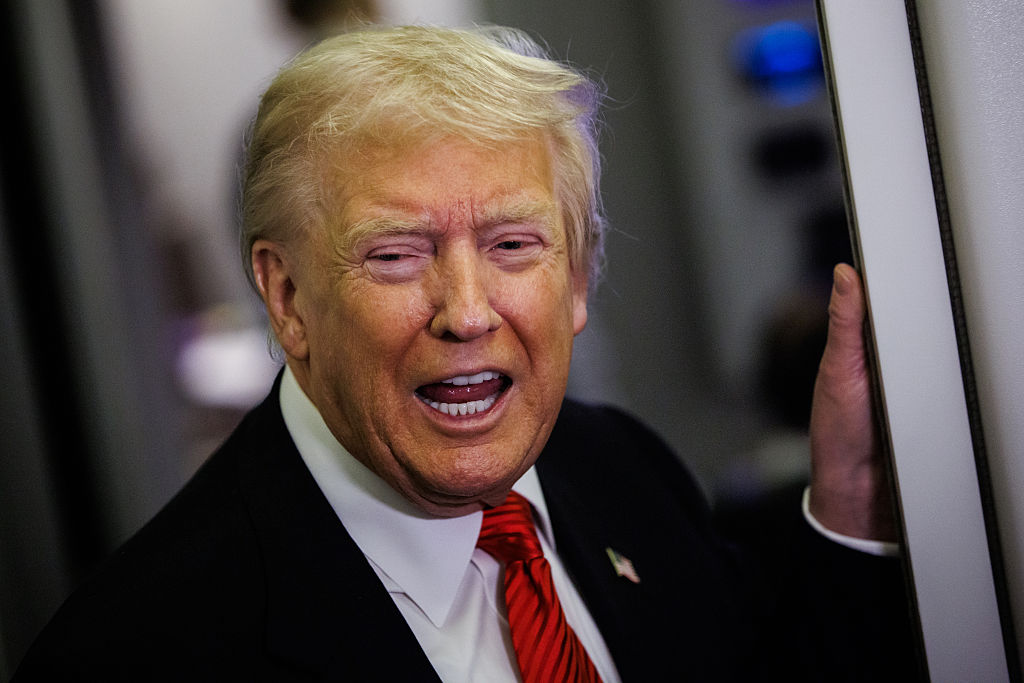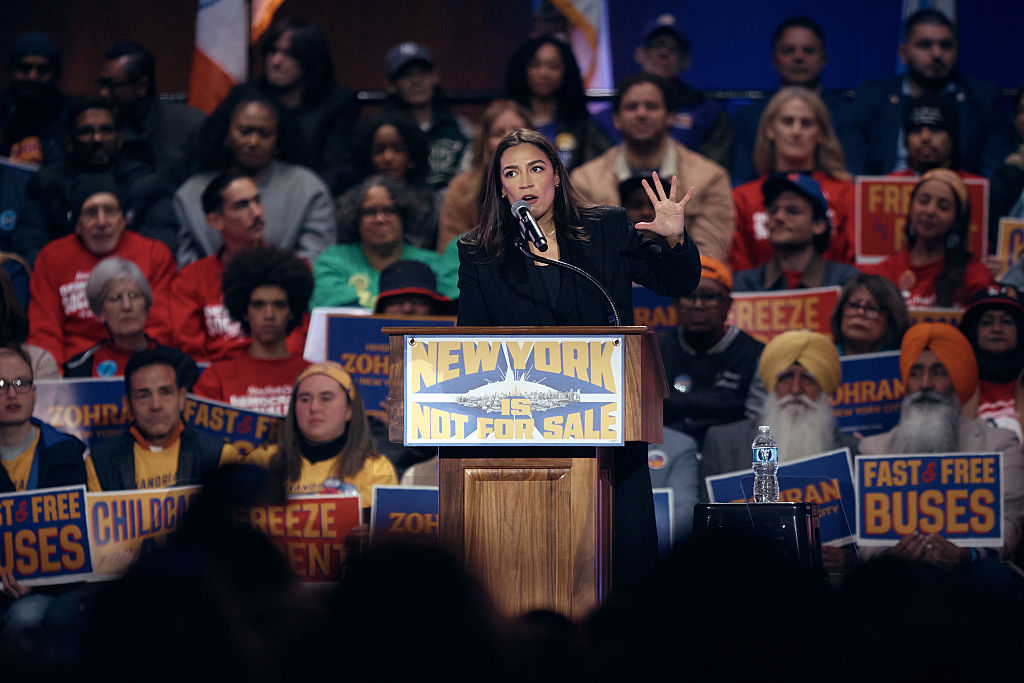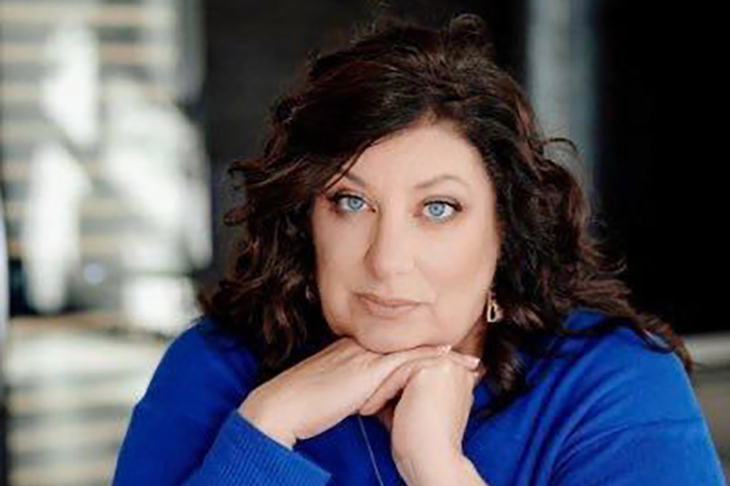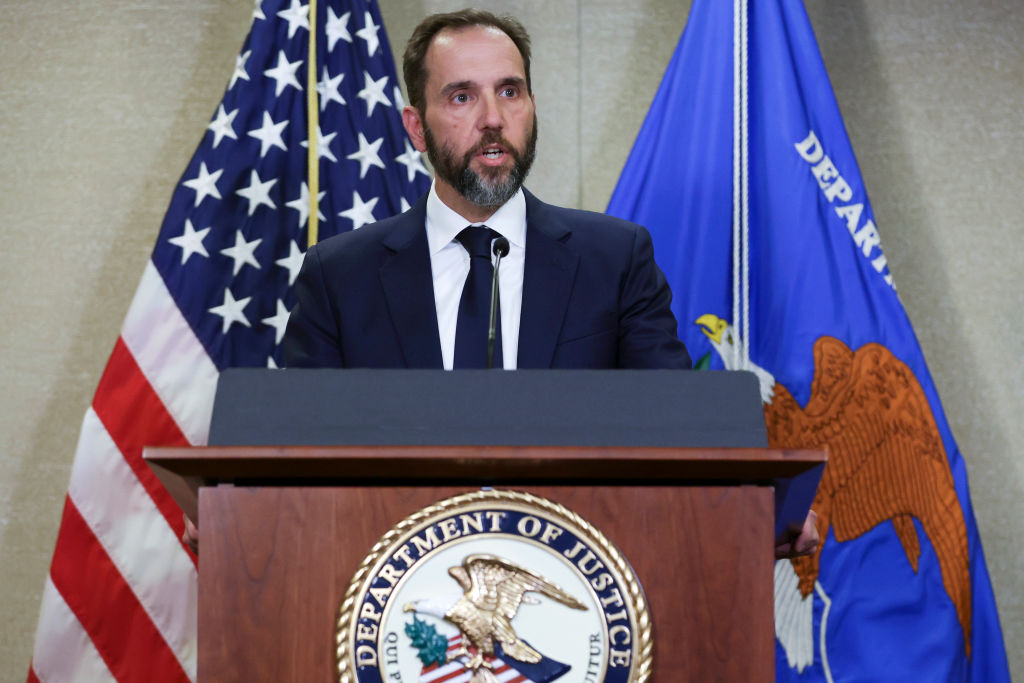At long last, Attorney General Merrick Garland decided to appoint a special counsel to continue the investigation of Hunter Biden, his family and associates. His choice: US Attorney David Weiss of Delaware, who has been on the case for several years. He was originally appointed as US attorney by Donald Trump, a point Democrats always highlight without noting that he was promoted by both Democratic senators from the state.
Being named special counsel gives Weiss some authority beyond that of a regular US attorney. In particular, he can bring federal cases outside his narrow territorial domain without consent from US attorneys in those other districts. That’s an important point, since Weiss was apparently denied the right to bring at least two other cases his office sought.
His appointment makes sense in one way: any other choice would have added years to the investigation. Weiss is already up to speed. The question is whether he is speeding down the right road.
Weiss might have been appointed special counsel during the Trump administration, but outgoing AG Bill Barr has said he thought that decision should be left to the incoming administration. His rationale was a strong one: he feared that appointing a special counsel as one administration went out the door would set a precedent for future administrations to begin investigating their successors. If a special counsel was needed, Barr concluded, that should be up to the Biden administration.
Shockingly, the Biden administration did not want to appoint a special counsel to investigate itself or the president’s family. The new attorney general could have given Weiss those additional powers two years ago but declined. Garland actually made the incredible argument that Weiss, as a US attorney, had more powers than he would have as a special counsel.
Both Garland and Weiss have also told Congress that Weiss had ultimate authority to bring cases wherever he wished. But those statements may not be true, since Weiss was apparently blocked from filing cases in other jurisdictions, and since he told multiple IRS investigators that he was not the ultimate decision-maker on these cases. The latter statement directly contradicts what he and Garland have told Congress.
Important as this new appointment is, it also raises some very troubling issues.
One that it gives the Department of Justice an additional tool to block investigations by House Republicans, who are conducting several serious inquiries into Biden family corruption. Whenever the House committees ask for information, the DoJ can simply reply, “We’ve handed our investigation over to the special counsel and cannot turn over documents during an ongoing investigation by his office.” That will put additional pressure on the House to begin a formal impeachment inquiry, since the courts have ruled that such inquiries have special rights to documents from the Executive Branch.
The second issue is even more troubling: Weiss’s own office needs investigating. It has slow-walked the criminal investigation for years, allowed the statute of limitations to expire on key charges, let Hunter Biden escape from taxes he owed on foreign income, proposed to give him an unprecedented sweetheart deal and told IRS investigators they would not pursue any leads, however credible, that might lead to “the Big Guy” Joe Biden. True to their word, they have not pursued those leads.
Multiple witnesses have told Congress that Weiss’s office refused to investigate the full extent of the Biden family’s overseas business operations and the income received from them. Several experienced, non-partisan IRS investigators (all of whom were later taken off the case by Garland’s Department of Justice) have said that Weiss’s top aide, Assistant US Attorney Lesley Wolf, explicitly told them their office would not pursue any investigative threads that might lead to President Biden. The IRS witnesses added that their investigation was repeatedly blocked. All that testimony was given under oath. Weiss’s office has not challenged it.
Hunter’s business partner, Tony Bobulinski, who met jointly with Hunter and Joe Biden and has said business was discussed, volunteered to meet with Weiss’s grand jury investigating these issues, but never heard back from the US attorney’s office. He was never asked to give his eyewitness testimony. To quote CBS reporter, Catherine Herridge, “Weiss’s decision not to bring Bobulinski is the latest indication that prosecutors investigating Hunter Biden may have avoided investigating allegations about his father, President Joe Biden.”
Weiss’s own office inexplicably allowed the statute of limitations to expire on millions of dollars in foreign income allegedly received by Hunter, on which taxes were never paid. The US attorney has never explained why. Nor did his office pursue the obvious charges that Hunter should have registered as a foreign agent under the Foreign Agents Registration Act.
The public still doesn’t have any explanation of what business activities, if any, Hunter and his associates performed to warrant the payment of millions and millions of dollars from foreign nationals. (Here’s a hint: they opened doors and effectively communicated to everyone that a connection to Hunter Biden meant you had powerful connections to the Obama administration. If that connection needed proof, Joe Biden provided it by phoning Hunter’s business associates to say “hi,” whenever his son asked.)
Remember, these foreign payments came while Joe Biden was vice president, charged with directing the Obama administration’s policies to the very countries from which Hunter received money. That money disappeared into a web of nearly thirty Biden-associated LLCs, set up to shift around these foreign receipts and hide their ultimate distribution. We know of some nine Biden family members who received payments, but we still don’t know of any legitimate business services they performed to earn that income. Again: none of this has led to charges after five years of investigation by Weiss and his team. Just one sweetheart deal, which tried to hide any traces of Hunter’s protection from future charges. It was destroyed by a simple question from the judge, who asked what was actually covered by the deal.
That’s our new special prosecutor. Physician, heal thyself.



